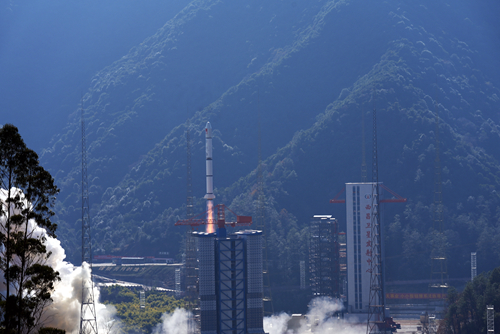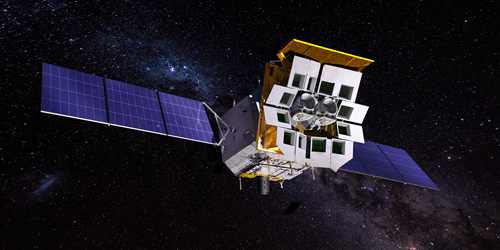China Successfully Launched the Einstein Probe
At 1503 CST on January 9, 2024, a CZ-2C rocket launched the Einstein Probe, a space science satellite, into orbit from the Xichang Satellite Launch Centre.
The Einstein Probe is part of the Strategic Priority Program in Space Science of the Chinese Academy of Sciences, which has previously launched a fleet of scientific satellites, including the Dark Matter Particle Explorer (DAMPE), Quantum Experiments at Space Scale (QUESS), Hard X-ray Modulation Telescope (HXMT), ShiJian-10 (SJ-10), Taiji-1, Gravitational wave high-energy Electromagnetic Counterpart All-sky Monitor (GECAM), and Advanced space-based Solar Observatory (ASO-S).
The Einstein Probe, adopted and led by the Chinese Academy of Sciences, is an international cooperative mission involving the European Space Agency (ESA), the Max Planck Institute for Extraterrestrial Physics (MPE) in Germany and the National Space Studies Centre (CNES) in France. ESA and MPE contribute the key components of the two payloads and the relevant cross-calibrations. ESA’s ground stations will be used to help download the data, while CNES provides the VHF ground receiving network for the real-time and fast downlink of scientific data.
The Chinese and European parties have also established scientific teams, which will jointly carry out data analysis and scientific research after the launch.




